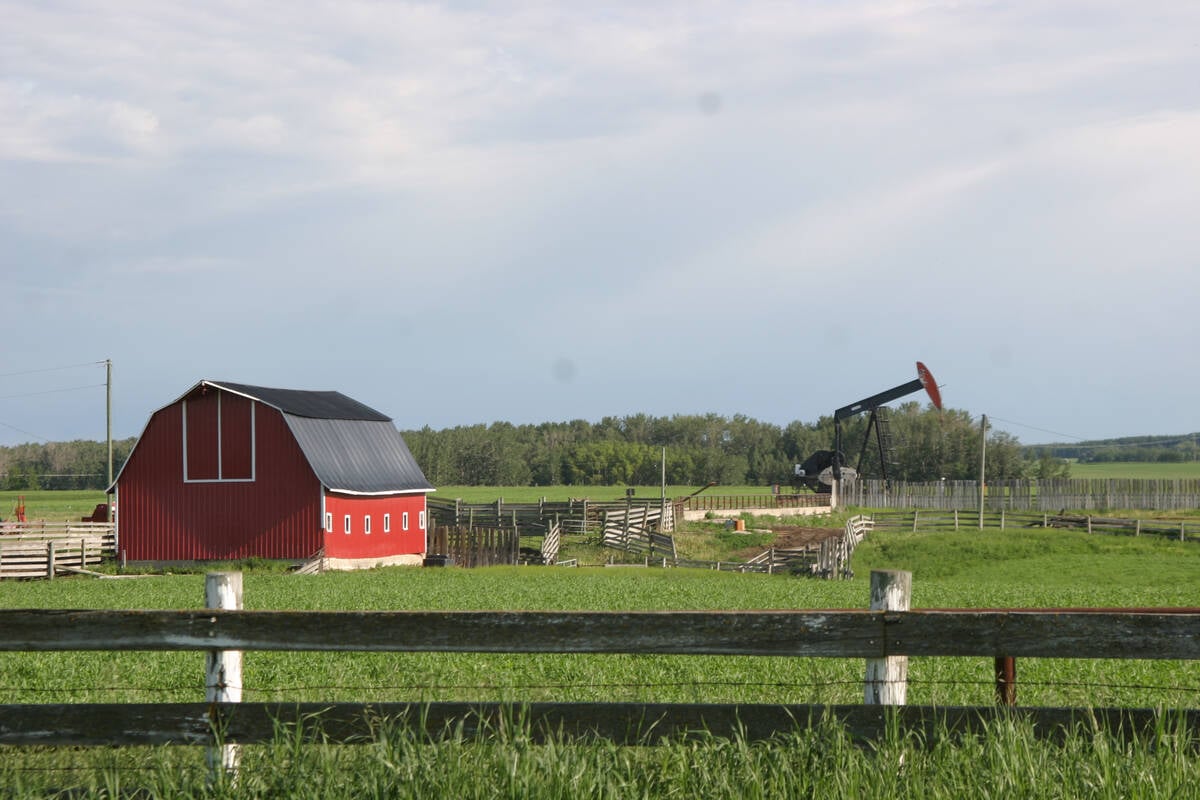Todd Schwartz had the tough job of explaining American trade actions against Canadian farm products to a group of Manitoba businesspeople the day before his government imposed another penalty: pig levies.
Schwartz, the U.S. consul to Manitoba, did it by explaining how the American process works, but did not try to justify the manipulation of that process by U.S. farmers’ groups.
“The real challenge for us is to go through the regulatory process,” said Schwartz in a speech about the BSE border closure at a Frontier Centre for Public Policy event in Winnipeg.
Read Also

Producers may see energy price relief in coming months
Energy prices for Prairie farmers should be steady to lower because the world has an adequate supply of crude oil and Western Canada has a surplus of natural gas.
The prolonged border closure is not U.S. government policy, Schwarz said, but was caused by a legal challenge to the U.S. Department of Agriculture’s attempt to expedite the process.
“It’s a trade dispute within the U.S.,” he said.
The audience of businesspeople seemed frustrated by the various border disputes that are snarling significant Canada-U.S. trade, disappointed that the disputes have not been resolved quickly as an example to the world of how neighbours can resolve differences.
They were encouraged by Schwartz’s reassurances that the U.S. government wants trade with Canada.
The U.S. wants more Canadian farm products, not fewer, Schwartz said in an interview.
“You’ve got reduced investments (by farmers because of border disputes) and this is not good for us,” said Schwartz.
“We depend on these hogs. We depend on these cows.”
U.S. trade law allows for the sorts of preliminary penalties that will be levied against Canadian hogs because U.S. government agencies must investigate complaints made by U.S. groups.
“U.S. farmers and producers are just doing what the (World Trade Organization) and what U.S. law allows,” said Schwartz.
“They’re taking advantage of our anti-dumping legislation and countervailing rules.”















